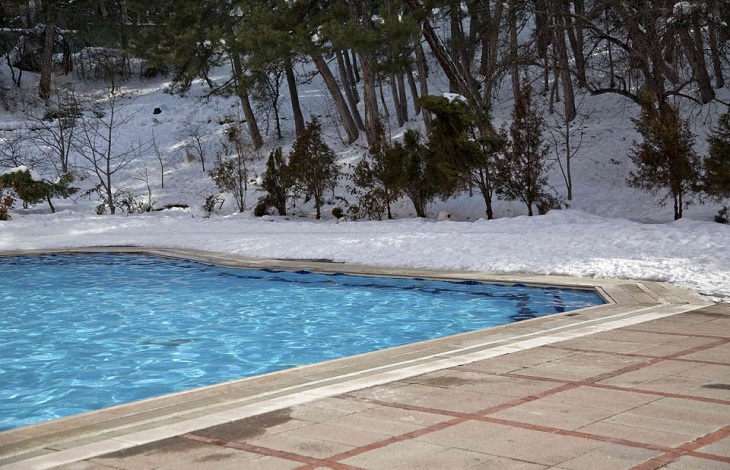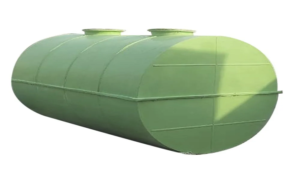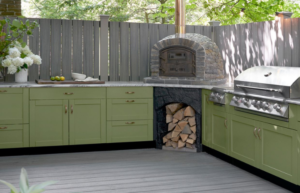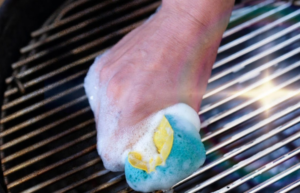Above Ground Pool Maintenance in the Winter Season

Above ground, pools are pretty popular. This is because they are inexpensive and straightforward to install. Nonetheless, they are not immune to the winter weather.
Fortunately, there are ways you can maintain your above ground pool during winter. You only need to close correctly for the season.
When to Close
Don’t close your pool too late since the process will be more cumbersome. Ideally, once temperatures fall below 17°C, it’s time to close for the season. However, depending on where you are, the temperature might set in at different times. Therefore, as the hot season closes, tune in to the weatherman.
How to Close
Several steps are involved in the closing process. Here is a simple guide:
- Deep clean
A deep clean of your above ground pool is a top priority before winterizing. You ought to vacuum, skim all the surface debris, and brush down the interior of the pool.
Cleaning prepares the water for the final balancing and prevents the growth of mould and algae, which stain the pool. If you don’t clean before winter hits, spring opening will be a wreck.
- Water balancing
If you want your pool water to stand up to the winter season, balancing is critical. In addition, balancing enhances the effectiveness of winterizing chemicals.
The first step in balancing is to test your pool water. You can do this at a pool water testing centre or by purchasing test strips. Once you know the results, adjust the water chemistry accordingly.
The pH is meant to be at 7.2-7.6, the alkalinity at 80- 120ppm and the calcium levels range between 200 and 350ppm.
Shock your pool forty-eight hours before closing. However, make sure the chlorine is not in the water before covering the pool as it may damage the cover.
- Winterizing chemicals
These chemicals maintain an algae-free pool and enable the pool water to bear the elements. When applying winterizing chemicals, it’s also crucial to follow the instructions to the letter.
- Protect the pump
Unique pump protection solutions are applied to the pumping machine to prevent corrosion. The solution also keeps the inner seals lubricated and prevents drying and cracking.
- Seal the return and skimmer
Sealing the return and skimmer is the best way to protect your pool. Exclusively, reducing the water level leaves the skimmer and return vulnerable to damage, especially when winter rains hit. Installing a fitting winter return plug and a skimmer plug will offer some peace of mind.
You can lower your pool water level; however, it’s not necessary. If you do go ahead with reducing the water, only go as far as the bottom edge of the skimmer. Any further may damage your pool liner, wall and fixtures.
- Prepare your filter for winter
Disconnect all the filter hoses in preparation for winter. Moreover, the filter should be drained and cleaned before storage.
If you run cartridge and DE filters, soak the inner units in a filter cleaner for one day before storage. Ball valves should remain in an open position.
- Clear all fittings
It’s recommended that you remove pool fittings like ladders, mats, alarms, and lights for winter.
- Cover the pool
The final step is to cover your pool. Ensure you use the appropriate cover size for your above ground pool. You should secure the cover with cover clips, cables or a locking winch.
Moreover, ensure you remove debris like leaves and sticks from the cover. You should also clear rainwater from the surface periodically to reduce the stress on the sides of the pool.
If you close your pool correctly for the winter, spring will be stress-free.
Read Also:
How Long Does It Take to Build An Above Ground Pool





